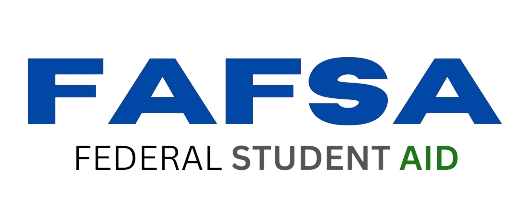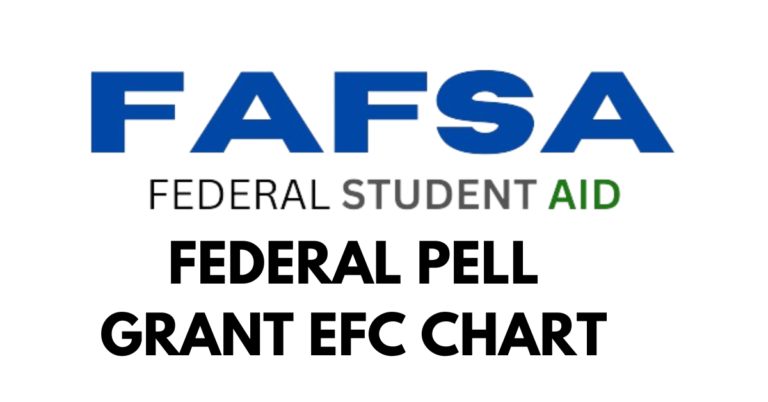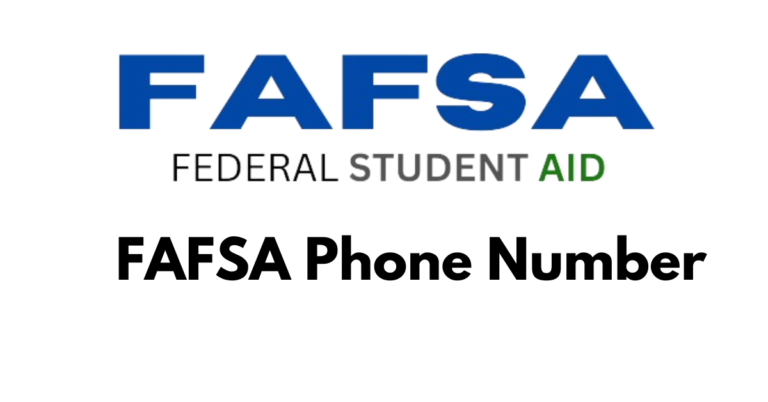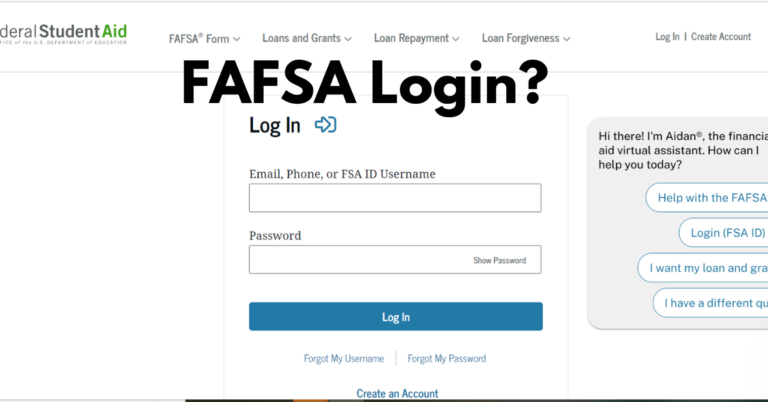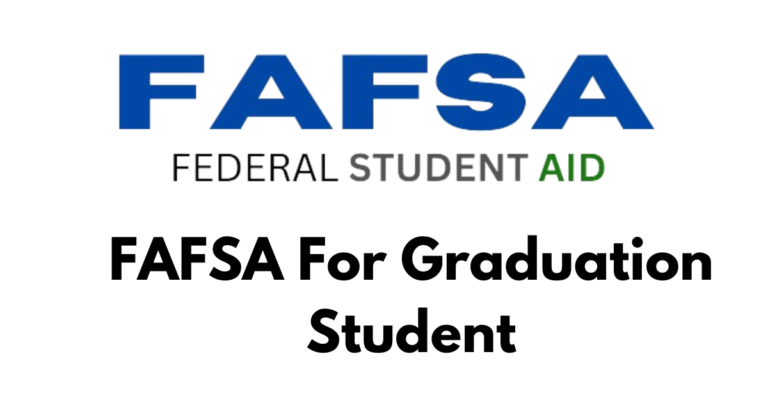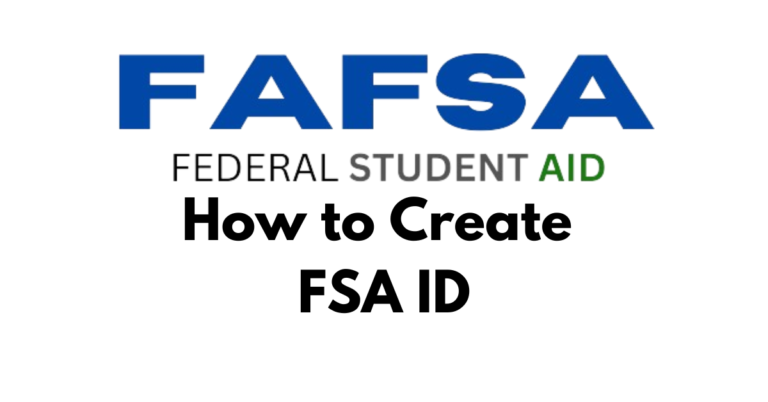Does FAFSA Cover Summer Classes?
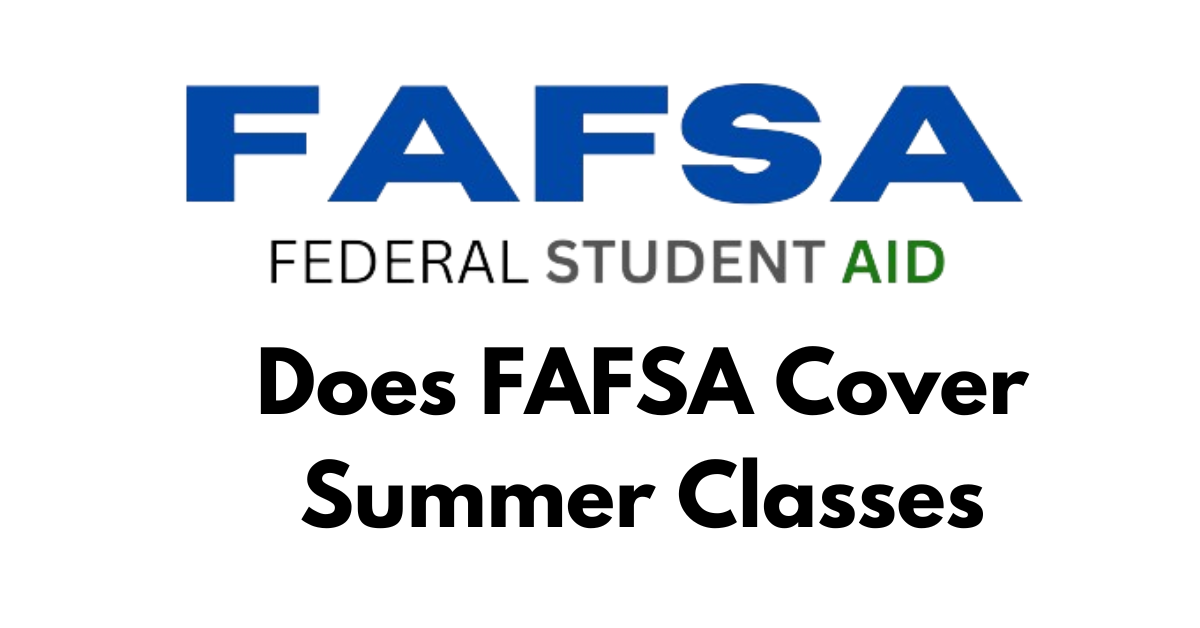
Many students wonder, “Does FAFSA cover summer classes?” This question is crucial for those looking to make the most of their educational opportunities year-round. Understanding how financial aid works for summer sessions can help you plan your academic journey more effectively. This comprehensive guide will delve into how FAFSA and other financial aid options can be utilized for summer classes, ensuring you maximize your aid.
FAFSA and Summer Classes
FAFSA (Free Application for Federal Student Aid) is designed to help students cover the costs of their education, including tuition, fees, and living expenses. This aid is typically available for fall and spring semesters, but many students are unaware that it can also be used for summer classes.
How Does FAFSA Work for Summer Classes?
When you fill out the FAFSA, you are applying for federal financial aid for the entire academic year, which often includes the summer term. However, the availability and amount of aid for summer classes can depend on several factors:
- Previous Aid Usage: If you’ve used up your allocated aid for the fall and spring semesters, there might be limited funds left for summer classes.
- School Policies: Each institution has its own policies regarding the distribution of financial aid for summer sessions. It’s essential to check with your school’s financial aid office.
- Enrollment Status: Your eligibility for financial aid may vary based on whether you are enrolled full-time, part-time, or half-time during the summer.
Steps to Apply for FAFSA for Summer Classes
- Complete the FAFSA Form: Ensure you complete the FAFSA form for the academic year covering your summer session.
- Check with Your School: Contact your school’s financial aid office to understand how your aid package can be applied to summer classes.
- Apply for Additional Aid: If needed, you might consider applying for additional aid, such as federal student loans or grants.
Types of Financial Aid Available for Summer Classes
1. Federal Pell Grants: Pell Grants can cover summer classes if you haven’t exhausted your grant eligibility during the regular academic year. Some students may qualify for additional Pell Grant funds known as Year-Round Pell.
2. Federal Student Loans: You can apply for federal student loans to cover summer classes. These include Direct Subsidized and Unsubsidized Loans, as well as Parent PLUS Loans.
3. Federal Work-Study Programs: If you qualify for work-study, you might be able to use these funds during the summer term.
4. Institutional Aid: Many colleges and universities offer their own grants and scholarships that can be applied to summer classes.
Frequently Asked Questions (FAQs)
Conclusion
Utilizing FAFSA and other financial aid options for summer classes can be a great way to accelerate your academic progress and complete your degree on time. Always check with your school’s financial aid office to understand your specific eligibility and options. By planning ahead and understanding how your aid can be applied, you can make the most of your educational opportunities year-round.
